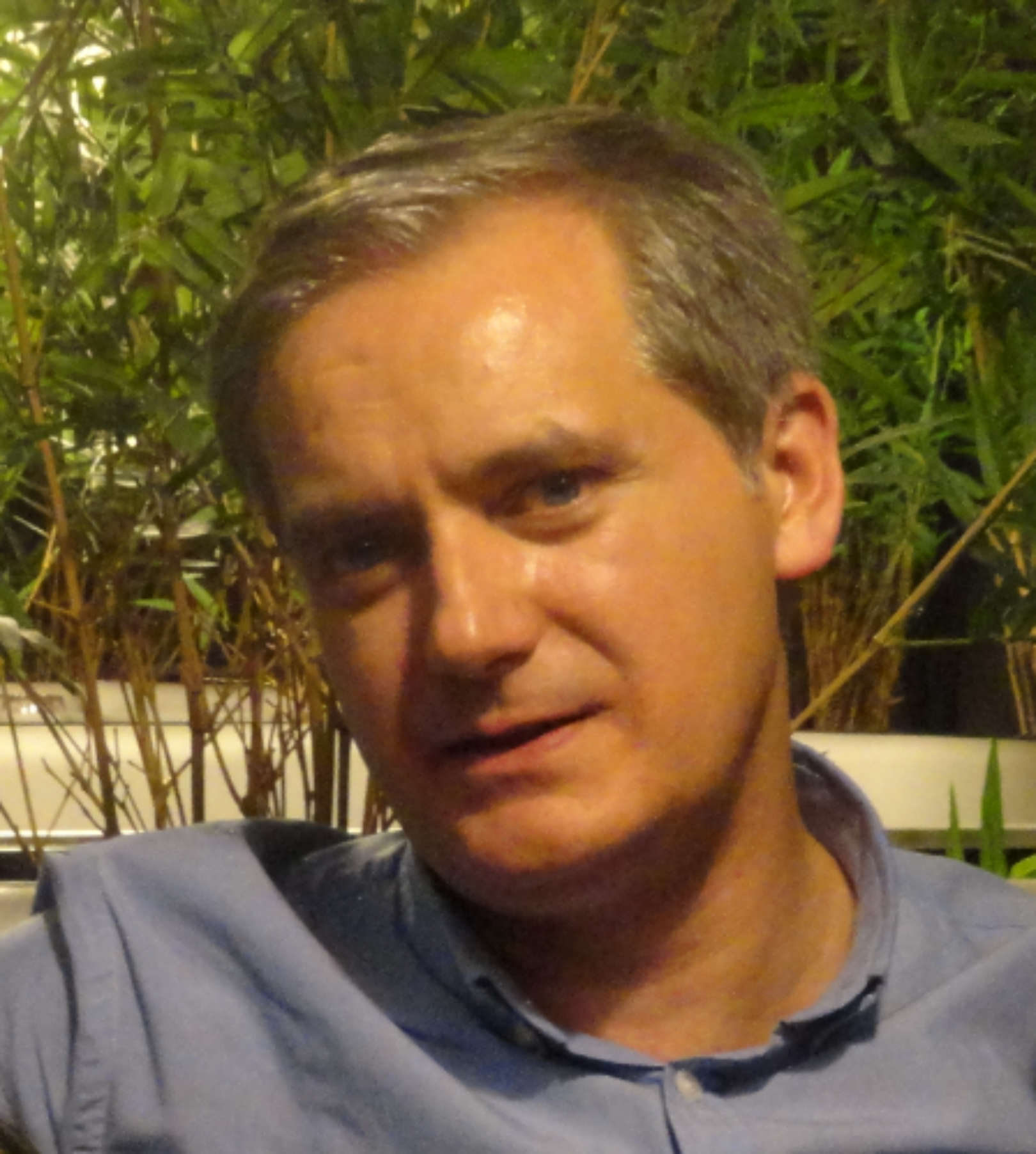About
João M. P. Cardoso received his PhD degree in Electrical and Computer Engineering from the IST/UTL (Technical University of Lisbon), Lisbon, Portugal in 2001. He is currently Full Professor at the Department of Informatics Eng., Faculty of Eng. of the University of Porto, Porto, Portugal, and a research member of INESC TEC. Before, he was with the IST/UTL (2006-2008), a senior researcher at INESC-ID (2001-2009), and with the University of Algarve (1993-2006). In 2001/2002, he worked for PACT XPP Technologies, Inc., Munich, Germany. He has been involved in the organization and served as a Program Committee member for many international conferences. For example, he was general Co-Chair of IEEE/IFIP EUC’2015 and IEEE CSE’2015, General Chair of FPL’2013, General Co-Chair of ARC’2014 and ARC’2006, Program Co-Chair of ARCS’2016, DASIP’2014, and RAW’2010. He has (co-)authored over 150 scientific publications on subjects related to compilers, embedded systems, and reconfigurable computing. He has coordinated a number of research projects. He is a senior member of IEEE, a member of IEEE Computer Society, and a senior member of ACM. His research interests include compilation techniques, domain-specific languages, reconfigurable computing, application-specific architectures, and high-performance computing with a particular emphasis in embedded computing.



